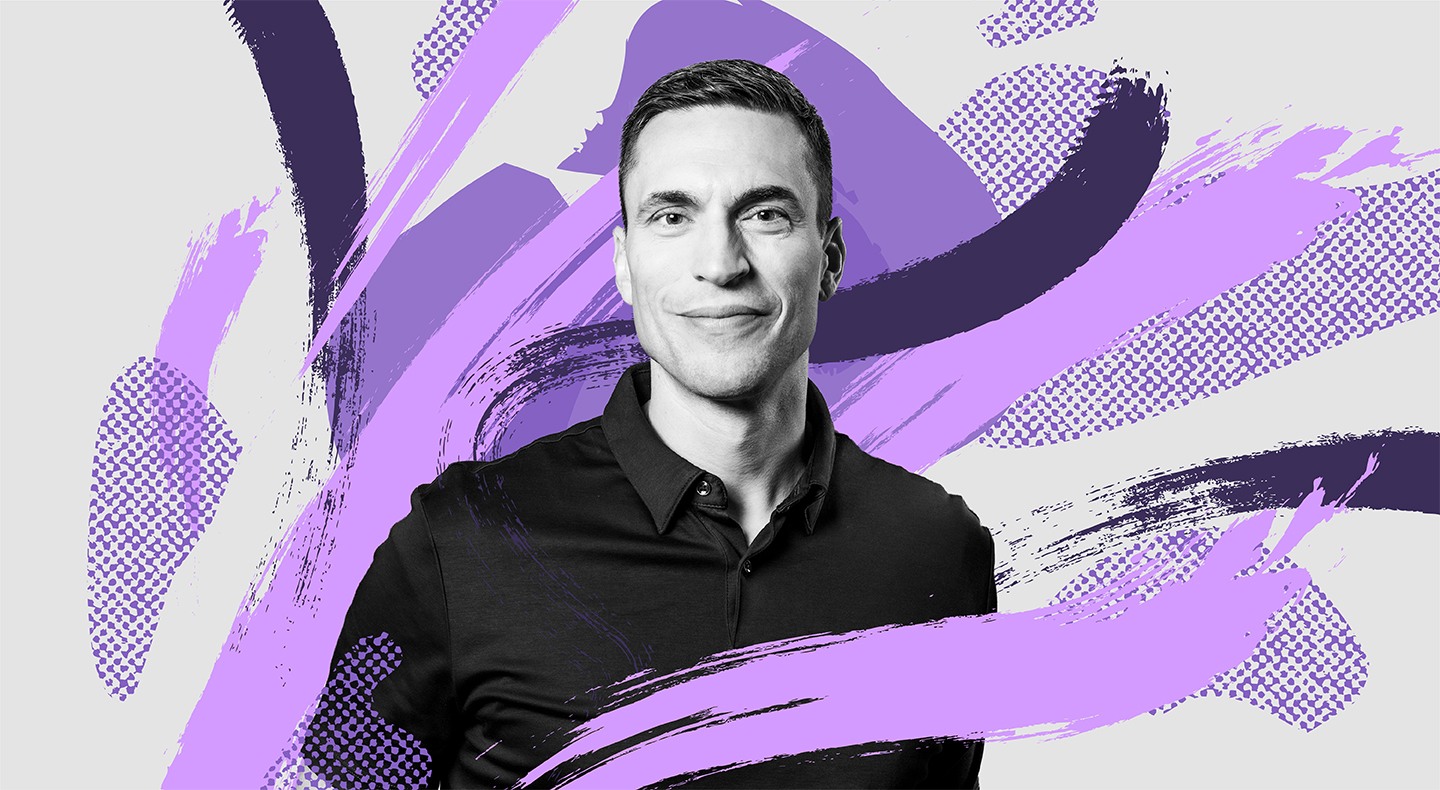Originally posted on Microsoft’s WorkLab Podcast, April 20, 2022.
One thing is clear: the people who went home to work in early 2020 have undergone a massive transformation, and the collective experience of the past two years has fundamentally changed how they define the role of work in their lives. Managers will need to develop a new skill set to understand employees’ shifting expectations.
Microsoft 365 leader Jared Spataro returns to the WorkLab podcast to share key insights from the company’s second annual Work Trend Index. This special report is based on findings from a survey of 31,000 people across multiple industries in 31 countries, along with an analysis of trillions of anonymized productivity signals in Microsoft 365 and labor trends on LinkedIn.
Spataro is the fourth guest for Season 2 of Microsoft’s WorkLab podcast, in which host Elise Hu has conversations with economists, technologists, and researchers who explore data and insights into why and how work is changing.
Three big takeaways from this conversation:
1. The Great Reshuffle is far from over. “Eighteen percent of respondents quit their job in 2021; that was up from 17 percent in 2020,” Spataro says. “Forty-three percent said that they were somewhat or extremely likely to consider changing employers over the next 12 months.
2. A key finding of the Work Trend Index report is that 53 percent of employees are more likely to prioritize health and wellbeing over work than before the pandemic. Spataro says he sees the benefits of increased flexibility that hybrid enables. “The sentiment that I detect in my own interactions with people is that they want hybrid work to really work for them,” he says. “They say, ’I’m having breakfast with my kids,’ or ’I’ve been able to prioritize things with my family I’ve never done before,’ or ’I’ve developed a new hobby that really is fulfilling for me.’”
3. Spataro says it’s too soon to write the epitaph of the company HQ. A place of business still has a crucial role to play for organizations in the hybrid era. “The data is very clear that the social fabric, and in particular the social capital of an organization that goes totally remote, is different,” Spataro says. “The office is going to be necessary to create and sustain and build up social capital that’s required to actually be innovative and creative.”
To go deeper into the theme of the transforming workforce, we also talk to Stephanie Nadi Olson, founder of We Are Rosie, which has assembled a workforce of thousands of marketing experts who can be connected with companies for short-term or long-term projects and commitments. She explains how embracing flexibility can help companies tap into a large and diverse talent pool that isn’t working full time right now.
WorkLab is a place for experts to share their insights and opinions. As students of the future of work, Microsoft values inputs from a diverse set of voices. That said, the opinions and findings of the experts we interview are their own and do not reflect Microsoft’s own research or opinions.
Follow the show on Apple Podcasts, Spotify, or wherever you get your podcasts.
Click here to listen to the episode and for a transcript of the conversation.
